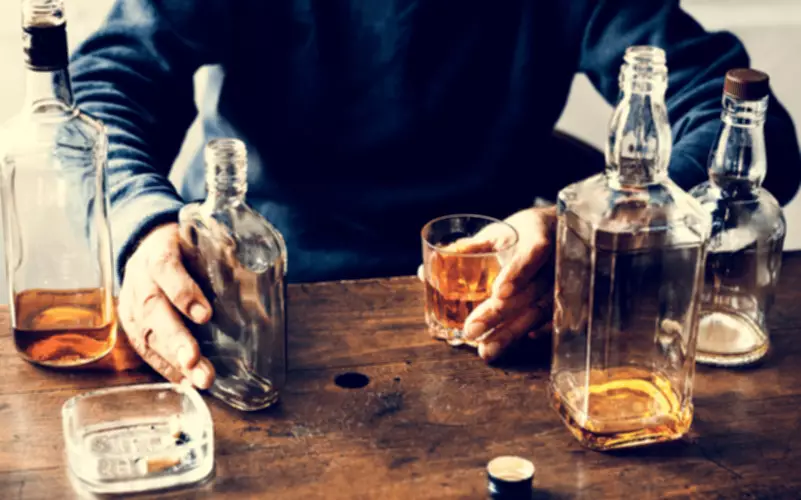
Interventions may include medication for depression or other mood disorders resulting from, or exacerbated by ketamine addiction. Ketamine may be an effective therapeutic modality for people with alcohol use disorders who fail to respond to FDA-approved first-line agents. More robust clinical trials are necessary to provide a more accurate assessment of efficacy, safety profile, and dosing strategies for ketamine utilization in alcohol use disorder.
Are There Any FDA-Approved Medications to Treat Ketamine Overdose?
It has also joined the ranks of GHB (gamma hydroxybutyrate) and Rohypnol (Flunitrazepam) as a date rape drug. Begin your journey to recovery with personalized drug & alcohol rehab—verify your insurance coverage in under a minute. Psychological SupportCounseling and therapy are integral to addressing the emotional and psychological challenges of detox. Ketamine Addiction often develops gradually, making early recognition challenging for both users and their loved ones. The progression typically begins with experimental or occasional use, advances to regular patterns of consumption, and eventually reaches a point where use continues despite significant negative consequences. While it raises brain activity when used as a stimulant, or sedates it in the instance of depressants, Ketamine acts mostly by being an NMDA receptor antagonist.

What Are The Causes Of Ketamine Addiction?
- As psychological cravings drive increased use, physical tolerance builds, requiring higher doses.
- Mental health conditions, personality traits, and cognitive patterns all increase the risk of addiction.
But those who use ketamine short-term to treat depression can experience cravings for the drug due to its positive, desirable effects. These cravings can lead to increased use and tolerance, which is when people start using higher amounts of ketamine to achieve its effects. Over time, using ketamine repeatedly at high dose increases the risk for ketamine addiction. Ketamine addiction is the compulsive use of ketamine, a dissociative anesthetic known for its hallucinogenic and pain-relieving properties. While ketamine is primarily prescribed for anesthesia and, more recently, for treatment-resistant depression, its ketamine and addiction recreational misuse has grown due to its hallucinogenic and euphoric effects.

Staging an Intervention
Never, ever combine the drug with any other medication and, if your doctor prescribes a medication, make sure he or she knows that you’re addicted to ketamine. DetoxRehabs.net, and its parent company Recovery Guide LLC, is not a treatment provider and does not offer medical advice or clinical services. This advertisement is clearly marked and is separate from our editorial content. Ketamine has been used in clinical trials to help treat people with cocaine and alcohol addiction. There are many factors that may contribute to ketamine tolerance including how much ketamine is used, frequency of use, and other drugs ingested.

Placebos are used in clinical trials because everyone tends to improve in a clinical trial regardless of treatment group assignment. To accurately isolate and measure the effect of the active treatment, outcomes need to be compared between groups to obtain valid information about drug addiction the therapeutic potential of a treatment. In their second study, three sessions were compared to one session in 53 heroin-dependent patients. Three sessions were more effective, with higher abstinence rates (50 percent compared with 22 percent) at the one-year follow-up.

